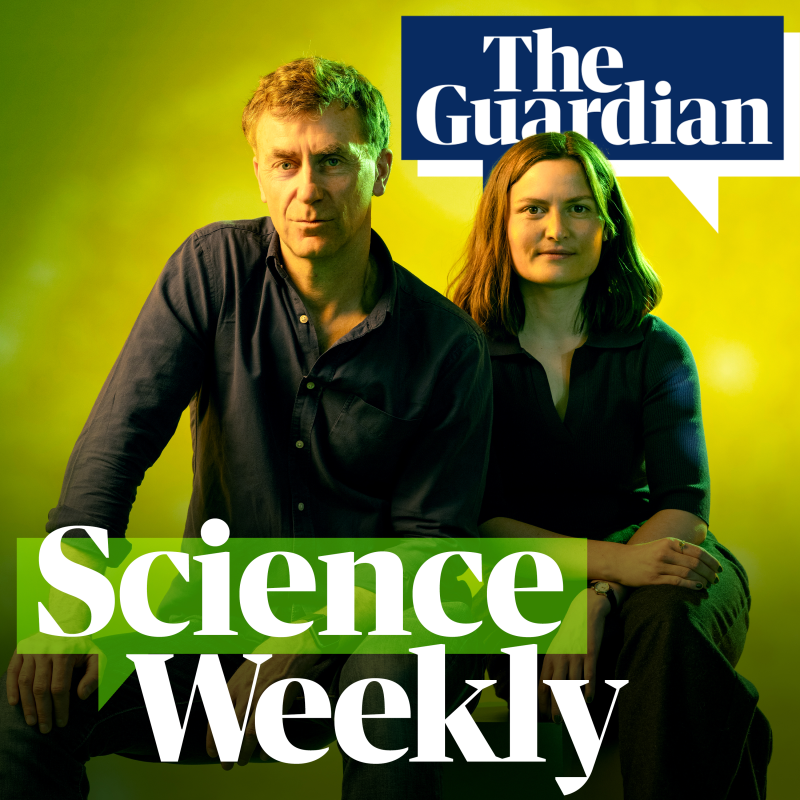
Is ‘de-extinction’ really possible?

O epizodě podcastu
The American biotech company Colossal Biosciences recently made headlines around the world with claims it had resurrected the dire wolf, an animal that went extinct at the end of the last ice age. But does what the company has done amount to ‘de-extinction’ or should we instead think of these pups as genetically modified versions of the grey wolves that exist today? Science correspondent Nicola Davis tells Madeleine Finlay about the process that created these wolves, how other companies are joining the effort to use genetic modification in conservation, and why some experts have serious ethical questions about bringing back species whose habitats no longer exist. Help support our independent journalism at theguardian.com/sciencepod
The American biotech company Colossal Biosciences recently made headlines around the world with claims it had resurrected the dire wolf, an animal that went extinct at the end of the last ice age. But does what the company has done amount to ‘de-extinction’ or should we instead think of these pups as genetically modified versions of the grey wolves that exist today? Science correspondent Nicola Davis tells Madeleine Finlay about the process that created these wolves, how other companies are joining the effort to use genetic modification in conservation, and why some experts have serious ethical questions about bringing back species whose habitats no longer exist. Help support our independent journalism at theguardian.com/sciencepod
Popis podcastu
Twice a week, the Guardian brings you the latest science and environment news